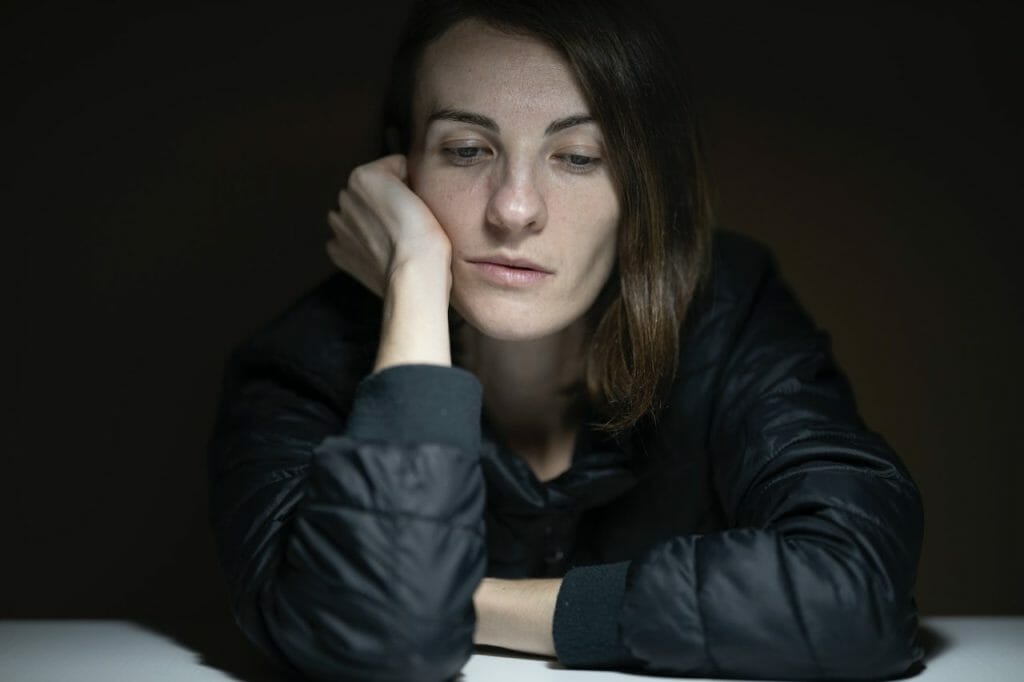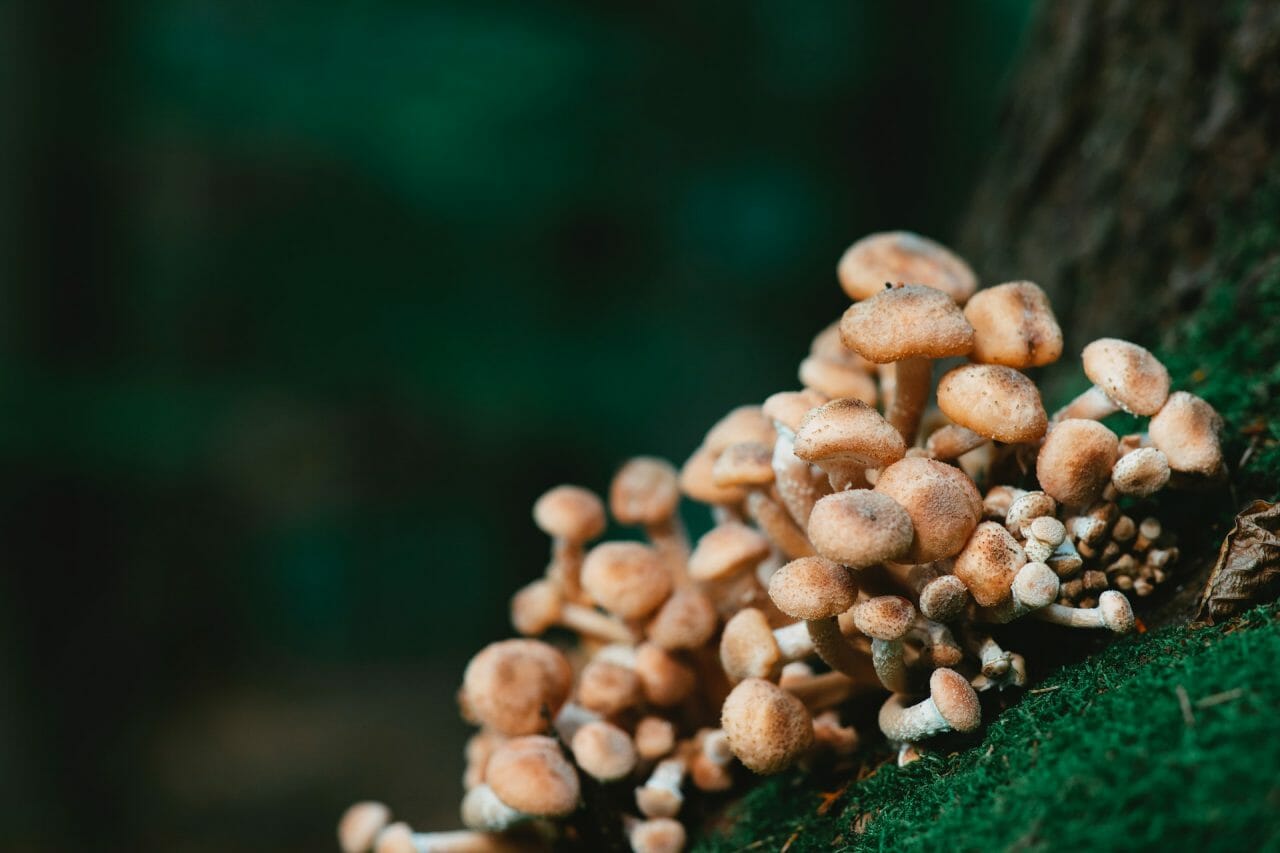The World Health Organization (WHO) reports that more than 264 million people worldwide suffer from depression.
While conventional therapies can have positive effects, they sometimes fall short in addressing the complex nature of depression. This problem has sparked interest in exploring alternative treatments. One such alternative, which is gaining both scientific and popular attention, is the use of psilocybin-rich mushrooms, available from a mushroom dispensary, to treat depression.
Let’s delve into the world of mushroom dispensaries, their role in treating depression, and the compelling statistics that underscore their potential to revolutionize our approach to this major global mental health concern.
Key Takeaways:
- Mushroom dispensaries supply alternative depression treatments using mushrooms rich in psilocybin.
- Research indicates that psilocybin may result in significant and long-term reductions in depression symptoms.
- Psilocybin therapy is part of a rising trend that is transforming mental health care.

Understanding Psilocybin and Its Therapeutic Potential
Psilocybin is a natural compound found in certain mushroom species, often referred to as “magic mushrooms.” Upon ingestion, psilocybin is metabolized into psilocin, which interacts with the serotonin receptors in the brain. This interaction induces significant changes in perception, mood, and consciousness, which are commonly associated with psilocybin use.
Research into the potential of psilocybin as a treatment for depression has yielded promising findings. Clinical trials and studies suggest that a single, carefully administered dose of psilocybin can result in substantial reductions in depressive symptoms. Patients have reported significant and lasting improvements in their mental health and overall quality of life.
These findings have triggered a surge in interest and investment in investigating psilocybin as a novel treatment option for depression, especially for those who have not had success with conventional therapies.
The Potential of Magic Mushrooms in Treating Depression
DispensariesMagic mushrooms, also known as psilocybin-containing mushrooms, have recently gained attention for their potential to alleviate the symptoms of depression. Let’s further explore the different types of magic mushrooms and discuss the possible benefits they might offer for depression.
| Variety of Magic Mushroom | Characteristics | Possibly Advantages for Depression |
| Golden Teacher | A well-known psilocybin mushroom characterized by a golden cap. | It might reduce depressive symptoms and enhance emotional wellness. This species can foster introspection and self-reflection, potentially helping individuals to discover new outlooks on their depression. Some users express a sense of unity and interconnectedness, which can counteract the isolation often associated with depression. |
| Psilocybe Cubensis | One of the most common species of magic mushrooms. | It is known to foster positive changes in mood and life perspective. It might enhance emotional understanding and help individuals address the root causes of their depression. The altered consciousness it induces might help users break free from fixed thought patterns and cultivate a more optimistic attitude. |
| B+ | Identifiable by its large, bulbous fruiting bodies. | It could lead to significant and lasting reductions in depressive symptoms. Users often report gaining an understanding and insight into their emotions and life circumstances. The therapeutic journey may assist in releasing repressed emotions and trauma, providing relief from depression. |
| Liberty Cap | Small, conical mushrooms found in various regions. | They’re known to induce intense emotional experiences that can have a positive impact on depression. During Liberty Cap trips, users report heightened sensitivity and empathy, potentially fostering emotional healing and connection. The immersive and profound nature of the psychedelic journey may help individuals understand the root causes of their depression. |
| Penis Envy | Notable for its unique, phallus-like shape. | It’s associated with deep insights and changes in depressive thought patterns. Users often report experiencing ego dissolution, which allows them to confront their depression without the constraints of their usual identity. The profound nature of the experience may facilitate therapeutic breakthroughs, leading to long-term improvements in mental health. |
| Blue Meanie | A potent strain distinguished by its bluish | Its calming and soothing effect on the mind is believed to potentially reduce symptoms of anxiety and depression. Many who have experienced the Blue Meanie report a sense of inner peace and emotional release, which could potentially boost mental well-being. This strain, renowned for its soothing yet thought-provoking properties, might be particularly suitable for those seeking a less intense psychedelic experience for therapeutic purposes. |
The Role of Magic Mushroom Dispensaries in Treating Depression
Magic mushroom dispensaries, or shops, are significant in the treatment of depression, offering a controlled and regulated environment for those in search of potential therapeutic solutions.
The Function of Health Canada
In Canada, Health Canada serves as the federal organization responsible for ensuring the safety, effectiveness, and quality of therapeutic products, including psilocybin found in magic mushrooms.
Approvals of Therapeutic Products
Recently, Health Canada has granted exemptions and permissions for the use of psilocybin in certain clinical and research contexts for specific medical conditions, including depression. This policy shift demonstrates a growing recognition of psilocybin’s potential therapeutic benefits.
Potential Therapeutic Uses
Magic mushroom shops may present a new and promising therapeutic option for those dealing with depression. With the necessary authorization and under specific circumstances, individuals may benefit from psilocybin therapy to alleviate depression symptoms.
A Supervised and Controlled Environment
Magic mushroom dispensaries provide a supervised and controlled environment for those seeking psilocybin therapy, ensuring the experience is safe and monitored by qualified professionals.
Compliance with Health Canada Regulations
Dispensaries must adhere to Health Canada’s rules and guidelines when providing psilocybin-based products for therapeutic uses. They play a crucial role in ensuring adherence and responsible, ethical therapy.
Navigating Psilocybin Therapy at a Mushroom Shop
Initiating psilocybin therapy at a mushroom shop can be a potentially transformative and beneficial experience. However, it’s vital
It’s important to approach this process with due diligence and carefulness. Here are some helpful tips to guide you:
- Comprehensive Research: Initiate with a thorough investigation into psilocybin therapy and the specific mushroom store you are considering.
- Seek Professional Advice: Before deciding on psilocybin therapy, consult with a mental health professional or therapist who specializes in psychedelic-assisted treatments. They can assess your suitability for this type of treatment and provide valuable guidance.
- Choose a Trustworthy Store: Look for reviews, approvals, and evidence of compliance with local regulations.
- Understand the Process: Familiarize yourself with the entire therapy process, from preparation and the psychedelic experience to post-session integration. Knowing what to expect can reduce anxiety and enhance therapeutic outcomes.
- Prepare Mentally and Emotionally: Prepare yourself mentally and emotionally for the journey. Set clear intentions for your therapy session, and be ready to confront any challenging emotions or thoughts that may arise.
- Ensure a Safe Environment: Ensure that the mushroom store provides a secure and comfortable environment for your therapy session. This includes appropriate lighting, music, and the presence of trained facilitators to assist you if necessary.
- Follow Dosage Guidelines: Adhere to the recommended dosages from the mushroom store or your healthcare provider. Avoid self-medication or taking unknown substances, as this could be hazardous.
Conclusion
Mushroom stores offering psilocybin therapy have emerged as a promising alternative for treating depression. Despite the diverse legal and regulatory landscapes that these stores operate within, growing research and real-life experiences highlight their potential to alleviate depressive symptoms and provide individuals with new perspectives on their mental health.
As the field of psychedelic-assisted therapy continues to grow, the role mushroom stores play in reshaping the depression treatment landscape offers hope to those seeking innovative mental health solutions.
Frequently Asked Questions
What is the best way to find a reliable mushroom dispensary for depression treatment?
When trying to find a reliable mushroom dispensary, in-depth research is critical. Look for stores that comply with local regulations and safety guidelines. It’s also beneficial to seek advice from
Consult with healthcare professionals or individuals who can share their successful experiences with this treatment. It’s crucial to verify the credentials of the dispensary, including the facilitators’ qualifications and their commitment to ethical practices.
How long does the therapeutic effect of psilocybin therapy last in the treatment of depression?
The therapeutic benefits of psilocybin therapy can vary greatly among individuals. Some might experience immediate relief, while others notice a steady improvement over time. Research indicates that the benefits can linger for several weeks or even months after a single session. The duration of these effects also depends on the integration and ongoing support.
Is psilocybin therapy sufficient as a standalone treatment for depression, or must it be combined with other therapies?
Psilocybin therapy is usually incorporated into a comprehensive plan for treating depression. It might be used alongside traditional treatments like psychotherapy, counselling, or medication to enhance its effectiveness. The choice of treatment methods should be customised to the individual’s needs and guided by the advice of healthcare professionals.
What other magic mushroom products are available for the treatment of depression?
In addition to standard magic mushrooms, other products for treating depression include psilocybin microdosing capsules, psilocybin-infused edibles like chocolates or gummies, liquid extracts or tinctures, and psilocybin nasal sprays. These alternative methods of psilocybin delivery provide a variety of dosing options and administration techniques, such as precise microdosing for minor mood enhancement.
Related Article:





